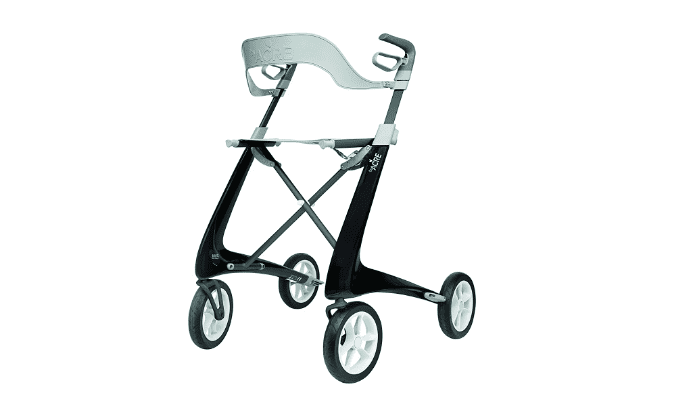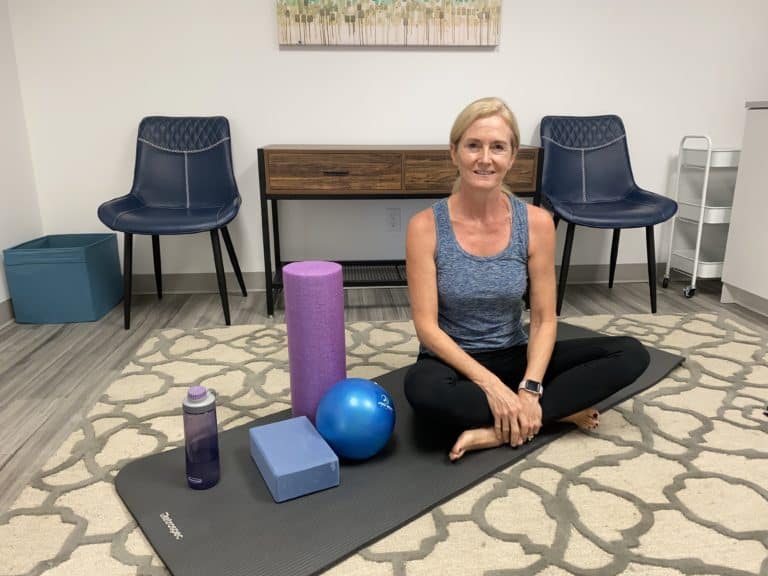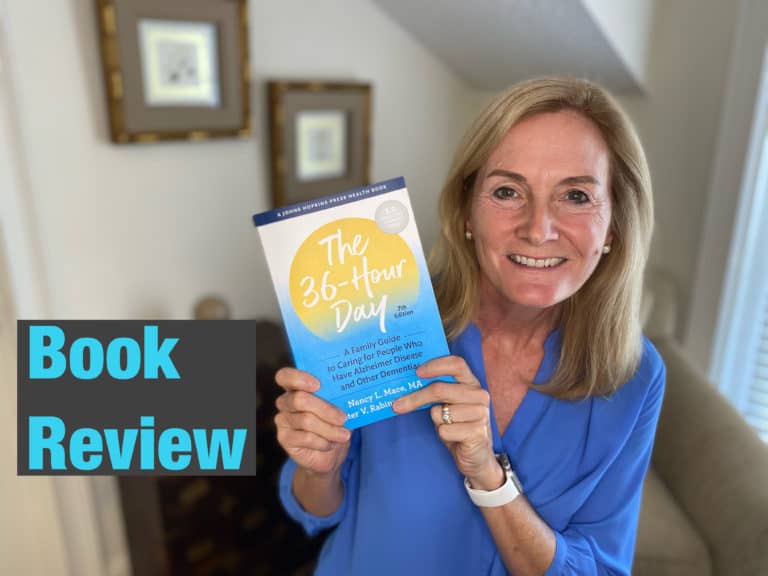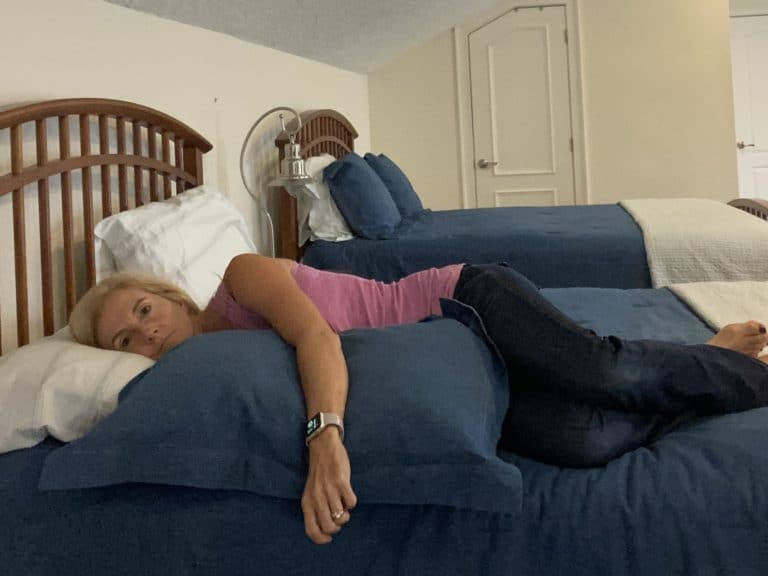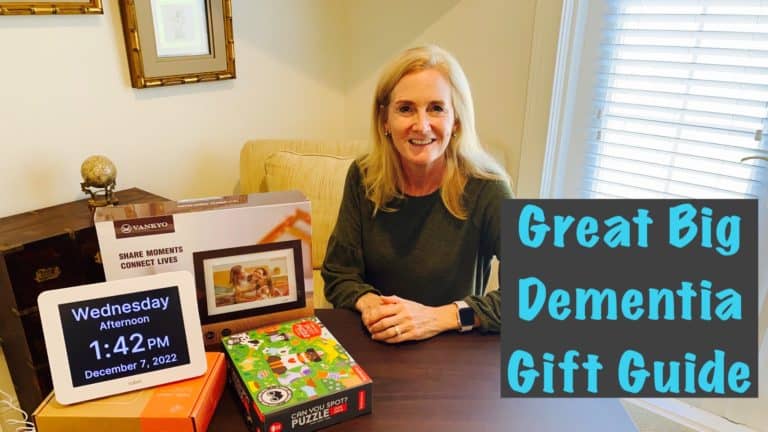Top 5 Benefits of a Day Clock for Seniors
Day clocks are often recommended for seniors, particularly those with memory issues or cognitive challenges such as dementia or Alzheimer’s.
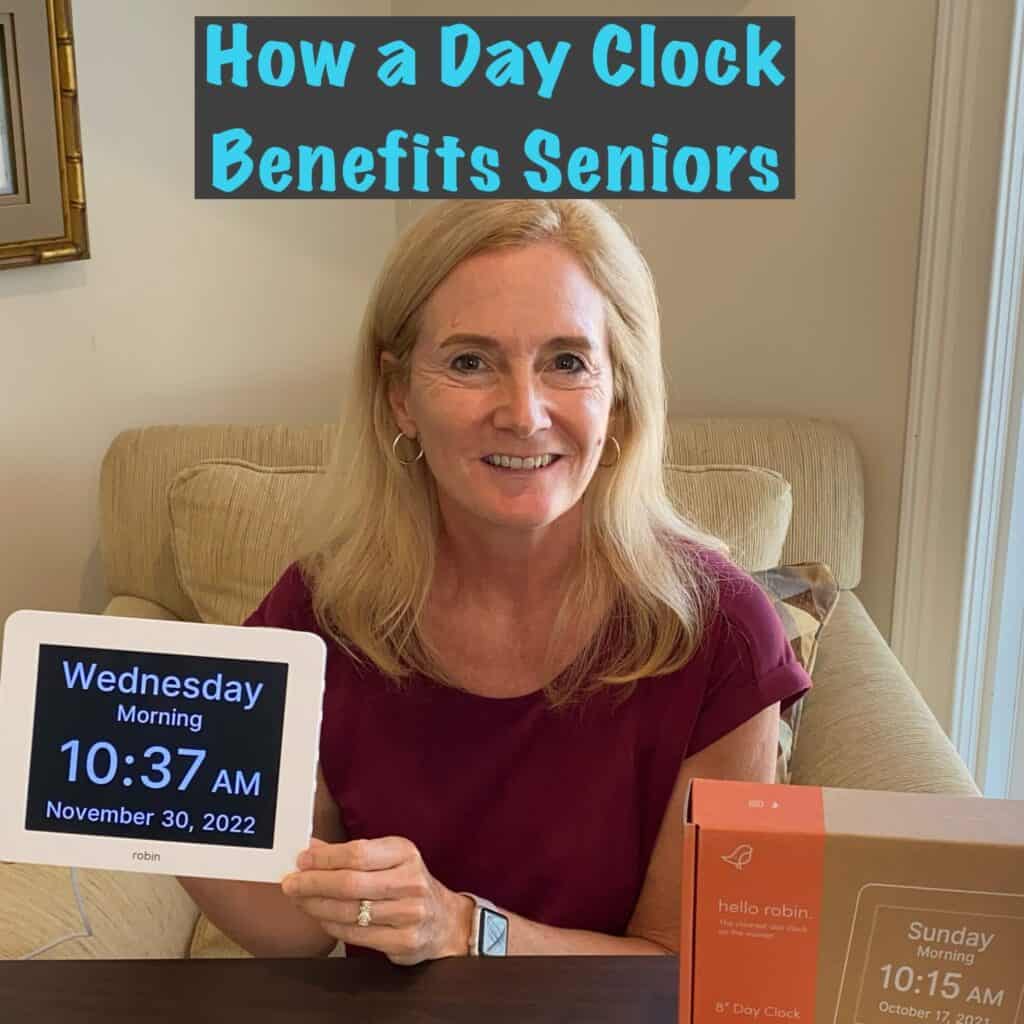
This post contains affiliate links. As an Amazon Associate I earn from qualifying purchases.
Benefits
- Eases Time Confusion: Seniors may struggle to differentiate between day and night, especially if they suffer from memory loss. A day clock clearly displays the time of day (morning, afternoon, evening), the day of the week, and even the date, reducing confusion about what time it is.
- Improves Routine and Independence: A day clock helps seniors maintain a daily routine, as it provides a visual reminder of what part of the day it is, which can be useful for scheduled activities like medication or meals. This promotes a sense of independence.
- Enhances Cognitive Function: For those with dementia or Alzheimer’s, the passage of time can be disorienting. A day clock serves as a constant, non-intrusive reminder, helping to alleviate stress and frustration related to time disorientation.
- Boosts Mental Well-being: Time-related confusion can lead to anxiety or agitation in seniors. A clear, easy-to-read clock reduces this stress, contributing to overall emotional well-being.
- User-Friendly Design: Day clocks are usually designed with large, clear fonts and simple displays, making them easy to read even for those with visual impairments. A talking day clock, such as the Robin day clock, provides further support for individuals with low vision.
By making time more understandable and accessible, day clocks provide practical and emotional benefits for seniors. Watch this video to learn more.
What are some of the best features of day clocks on the market?
Day clocks come with a range of features tailored to meet seniors’ needs, especially for those with memory loss or vision impairments. Some of the best features in modern day clocks include:
- Large, Clear Display: Many day clocks have large fonts and high-contrast displays, which are easier to read for those with visual impairments. Displays often show not just the time but also the day, date, and part of the day (morning, afternoon, evening).
- Automatic Brightness Adjustment: Many day clocks adjust screen brightness according to the time of day or lighting conditions in the room, reducing glare at night and enhancing readability during the day.
- Customizable Alarms and Reminders: Some clocks allow users or caregivers to set reminders for important activities, like taking medication, eating, or attending appointments. Reminders often include customizable messages to provide additional context.
- Battery Backup: A battery backup ensures the clock keeps time during a power outage. This prevents the clock from needing to be reset and ensures uninterrupted time display, which is crucial for seniors who rely on it.
- Adjustable Time and Date Formats: Clocks that allow users to toggle between 12-hour and 24-hour time formats and customize how the date is displayed (e.g., month-day-year vs. day-month-year) make it easier for seniors from different backgrounds to understand.
- Multiple Language Support: Some day clocks support multiple languages, which can be especially helpful for seniors who may be more comfortable with a language other than English.
- Audio Announcements: Certain day clocks announce the time or play pre-set reminders, a feature helpful for seniors with visual impairments or those who benefit from verbal cues.
- Non-Glare, High-Contrast Screens: Non-glare screens with adjustable brightness are particularly useful for seniors with sensitive eyes or vision issues, ensuring the display remains visible in different lighting conditions.
- Simple, Intuitive Design: Many day clocks are designed with seniors in mind, meaning they often have simplified controls and avoid unnecessary buttons, making them easier to use without assistance.
- Calendar and Weather Display Options: Advanced models may include a basic calendar view or even weather updates, helping seniors plan their day more effectively.
With these features, modern day clocks go beyond telling time to become a helpful daily companion for seniors, promoting their independence and well-being.
Favorite Day Clock for Seniors
The Robin Day Clock may be the most full-featured day clock on the market. Here I cover some of my favorite features.
- Talking day clock supports individuals with low vision by reading the day, date, time, and reminders out loud.
- Unlimited customizable reminders and alarms – program medication reminders, events, and appointments to support those with memory loss and cognitive challenges.
- Auto-dimming feature
- Battery back-up prevents loss of reminders and alarms during power outages.
- Variety of colors and sizes available to match any decor.
- Easy to set-up and program!
Conclusion
A day clock may be just the thing to support your senior loved one if they are living with memory loss, cognitive impairment, or low vision. Day clocks can help to ease time related confusion, support a medication routine, and inform about daily events and appointments. Day clocks for seniors enhance independence and well-being.

